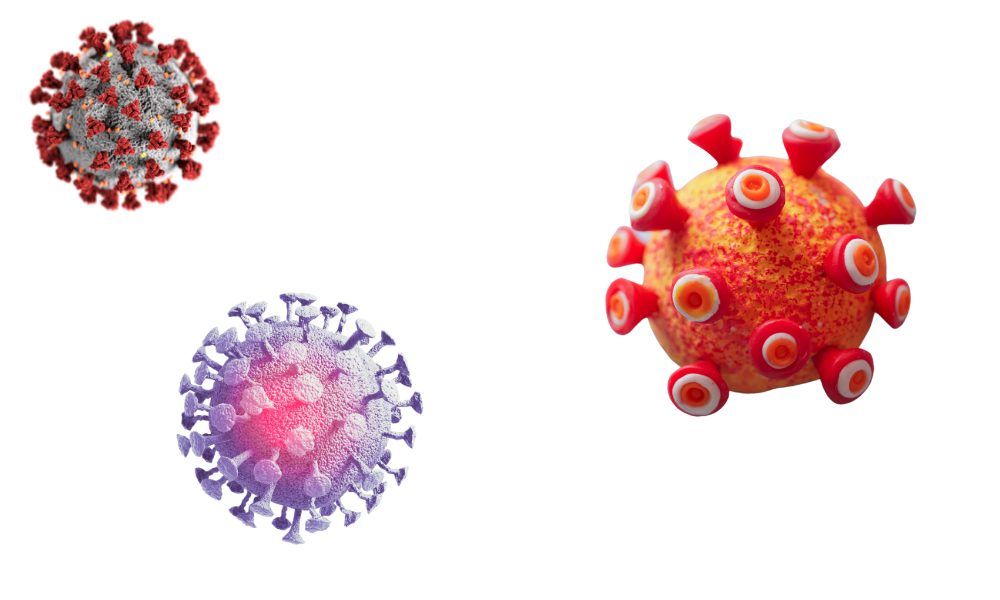The Georgia Department of Public Health has confirmed that the number of COVID-19 variant cases in Georgia has increased.
According to DPH, there are now 19 cases of COVID-19 variant B.1.1.7 identified in Georgia. This is the same variant discovered in the U.K. and in several other countries and U.S. states. So far, no other COVID-19 variants have been identified in Georgia.
From the press release:
The B.1.1.7 cases in Georgia are in individuals ages 15 to 61, eight males and 11 females. The cases live in metro Atlanta – Carroll, Cherokee, Clayton, Cobb, DeKalb, Douglas, Fulton, Gwinnett, and Paulding counties. DPH is working to identify close contacts of the individuals, and will monitor them closely.
The Georgia Public Health Laboratory and several commercial labs are working to identify the presence of this variant in hundreds of specimens collected at Georgia testing locations statewide, but that is only a small percentage of the overall number of COVID-19 tests performed. Knowing the location of a few individual cases does not provide a clear picture of where this variant is in the state. Just because it has not been identified in a particular city or county does not mean it is not there – individuals could be infected anywhere in the state, or in some cases out of state. At least 30 states are reporting cases of the B.1.1.7 variant.
“The CDC has said this U.K. variant is likely to be the dominant strain in the U.S. by sometime in March,” said Kathleen E. Toomey, M.D., M.P.H., commissioner, Georgia Department of Public Health. “We must ensure we are taking every precaution right now to prevent transmission of COVID and to avoid a surge in hospitalizations and loss of life.”
The same measures used to prevent spread of COVID-19 in Georgia are no different for this variant, and are even more critical due to the U.K. variant being more contagious. Wear a mask. Maintain social distance. Wash your hands frequently. Avoid large gatherings. Get a COVID vaccination when you are eligible. Follow the guidance of Public Health and the guidelines in the Governor’s executive order.
Information about this variant is evolving quickly. Preliminary epidemiologic information suggests that this variant is significantly more contagious than the SARS-CoV-2 virus and may increase the risk of death in those who become infected. Both Pfizer and Moderna say their current vaccines appear to work against this variant.
DPH, in collaboration with the Centers for Disease Control and Prevention (CDC), will continue to watch for emerging COVID-19 variants and will provide more information as it becomes available.




